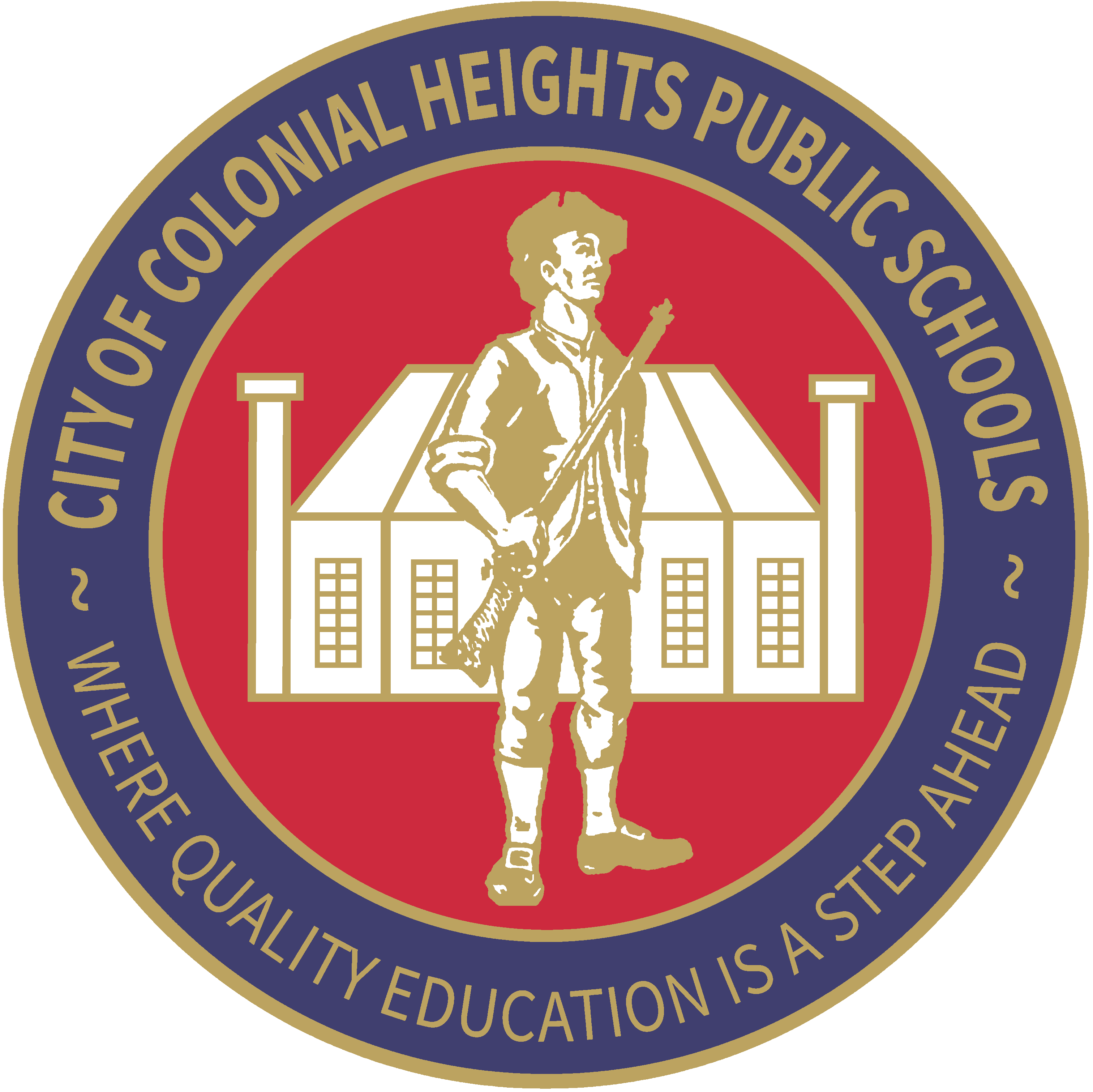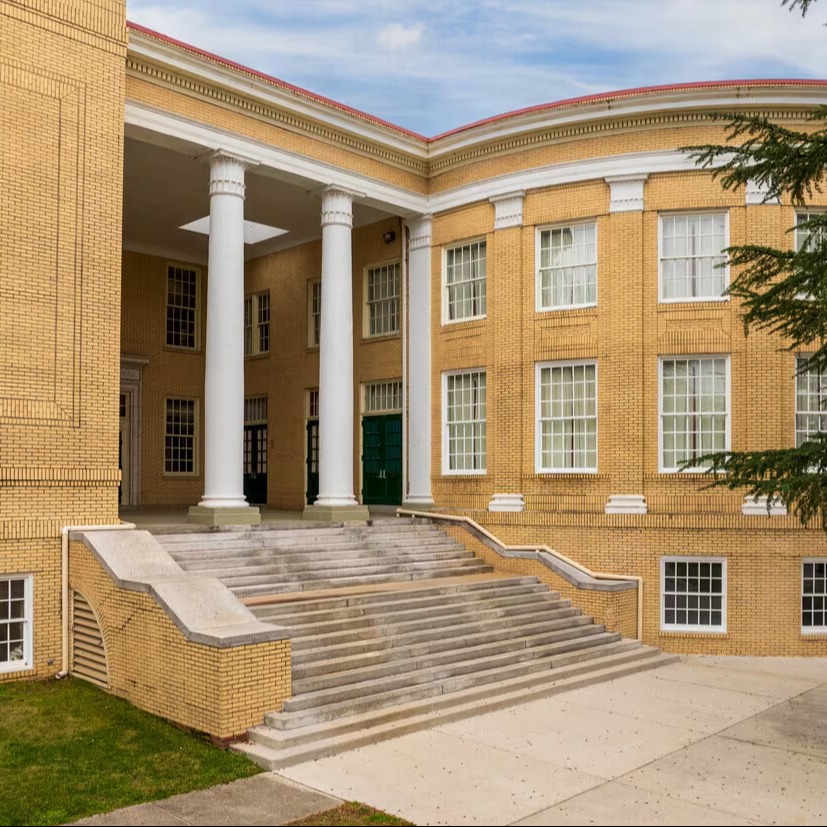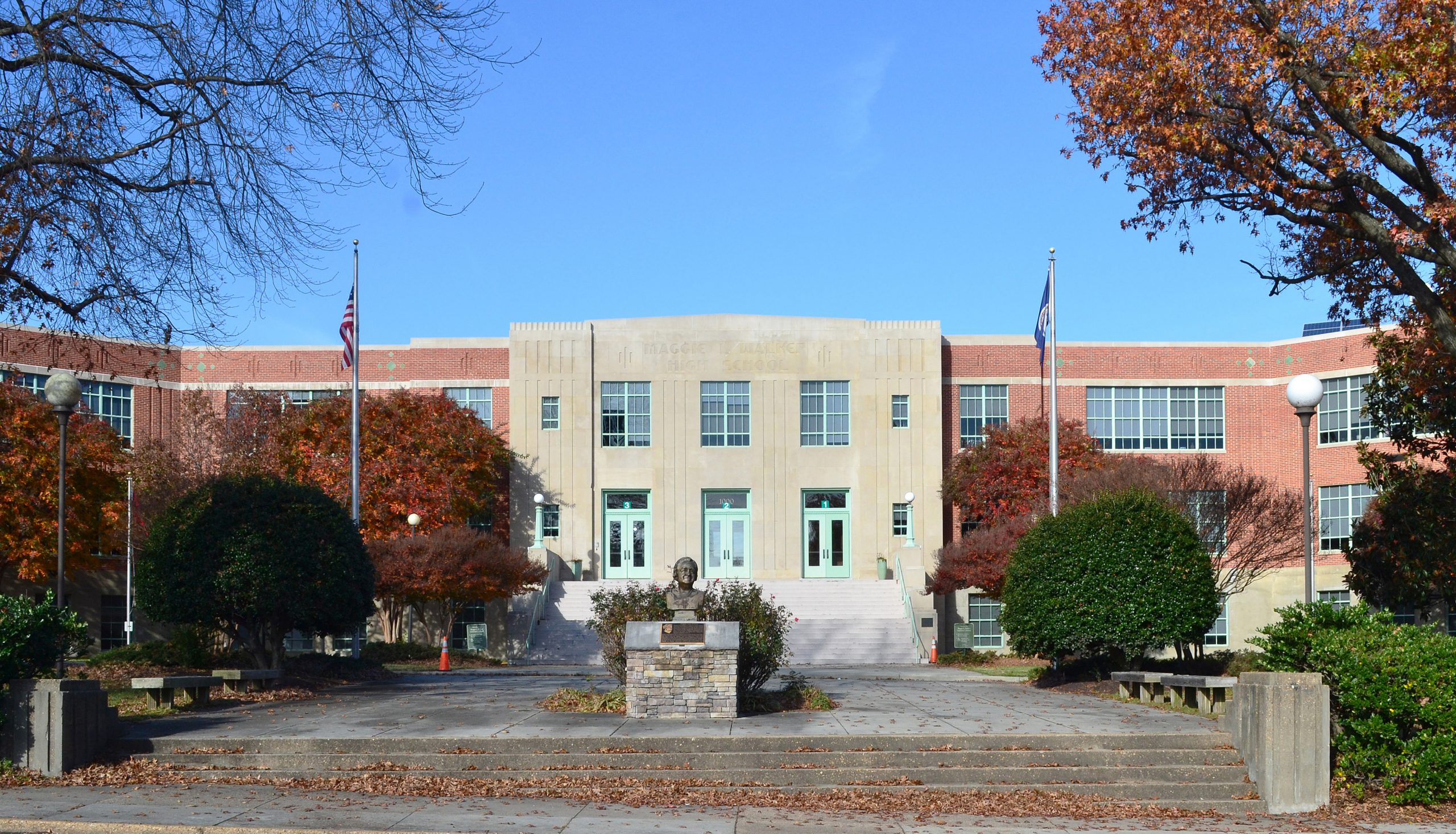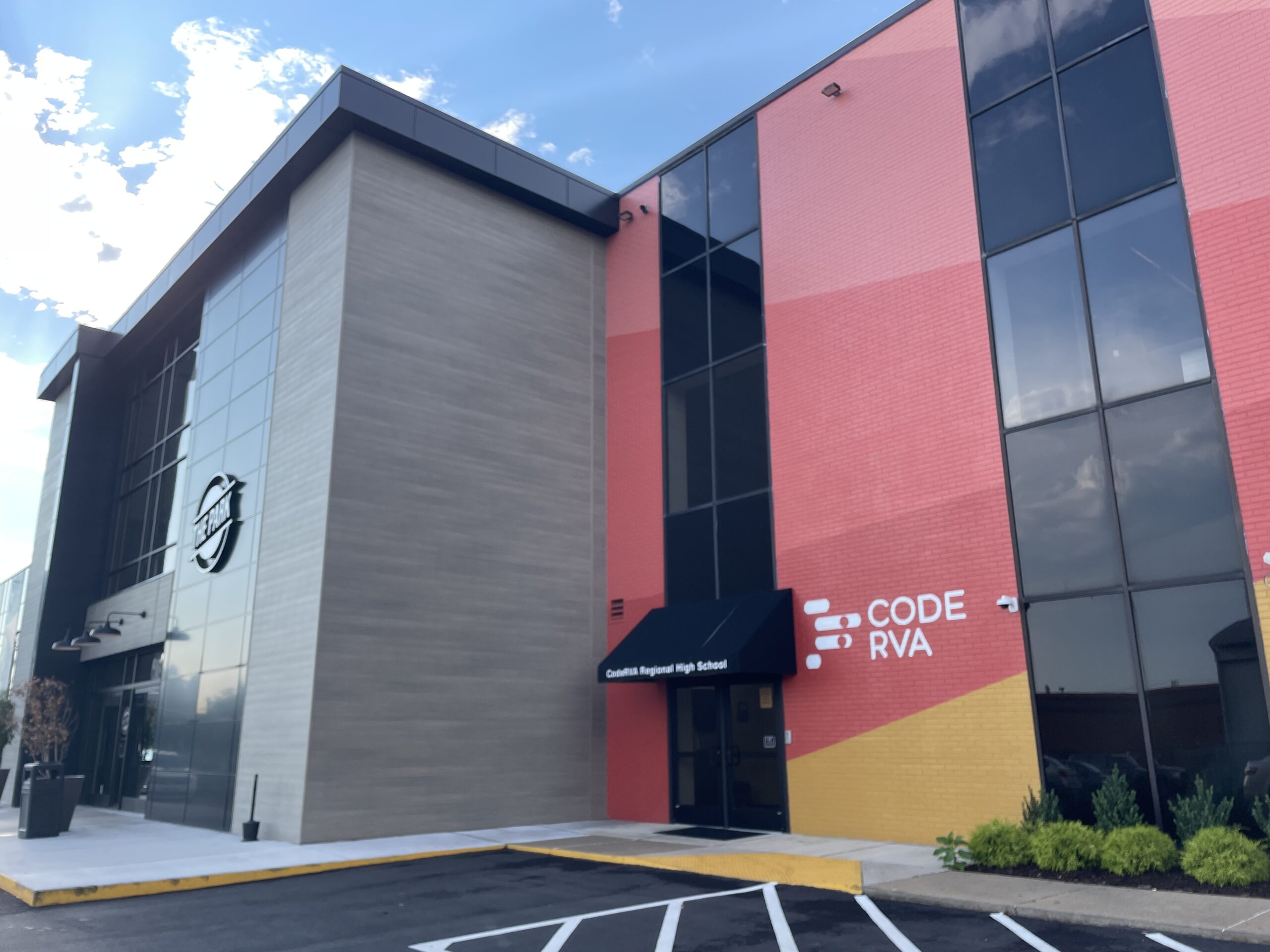Located in historic Petersburg, Virginia, the Appomattox Regional Governor's School (ARGS) is the only full-time governor's school in the state devoted to the arts and technology. The school' unique environment helps students in grades 9 through 12 excel in a number of focus areas. In addition to the common core classes, ARGS offers specific "tracks" in specialized classes for students' focus areas. Focus areas include: Performing Arts: musical theater, theater arts, technical theater, dance, vocal music, and instrumental music; Visual Arts: sculpture, painting, drawing, graphic design, photography and film studies; Literary Arts: poetry, fiction, and non-fiction; and Technology: computer programming and engineering.
The following school divisions participate in the Appomattox Regional Governor's School: Cities of Colonial Heights, Franklin, Hopewell, Petersburg, and Richmond; and the Counties of Amelia, Charles City, Chesterfield, Dinwiddie, Powhatan, Prince George, Southampton, Surry, and Sussex. Current eighth grade students who are legal residents of Colonial Heights are eligible to apply. Applicants should have at least a "B" average and are required to have successfully completed Algebra I for high school credit prior to enrollment. Applicants are required to go through an adjudication process. This process consists of an interview and, depending upon the focus area in which the student is applying, a possible audition. Rising freshmen are eligible to apply for admission the following year. Interested students should contact their guidance counselor in mid-October. Detailed information about the school can be found here.



